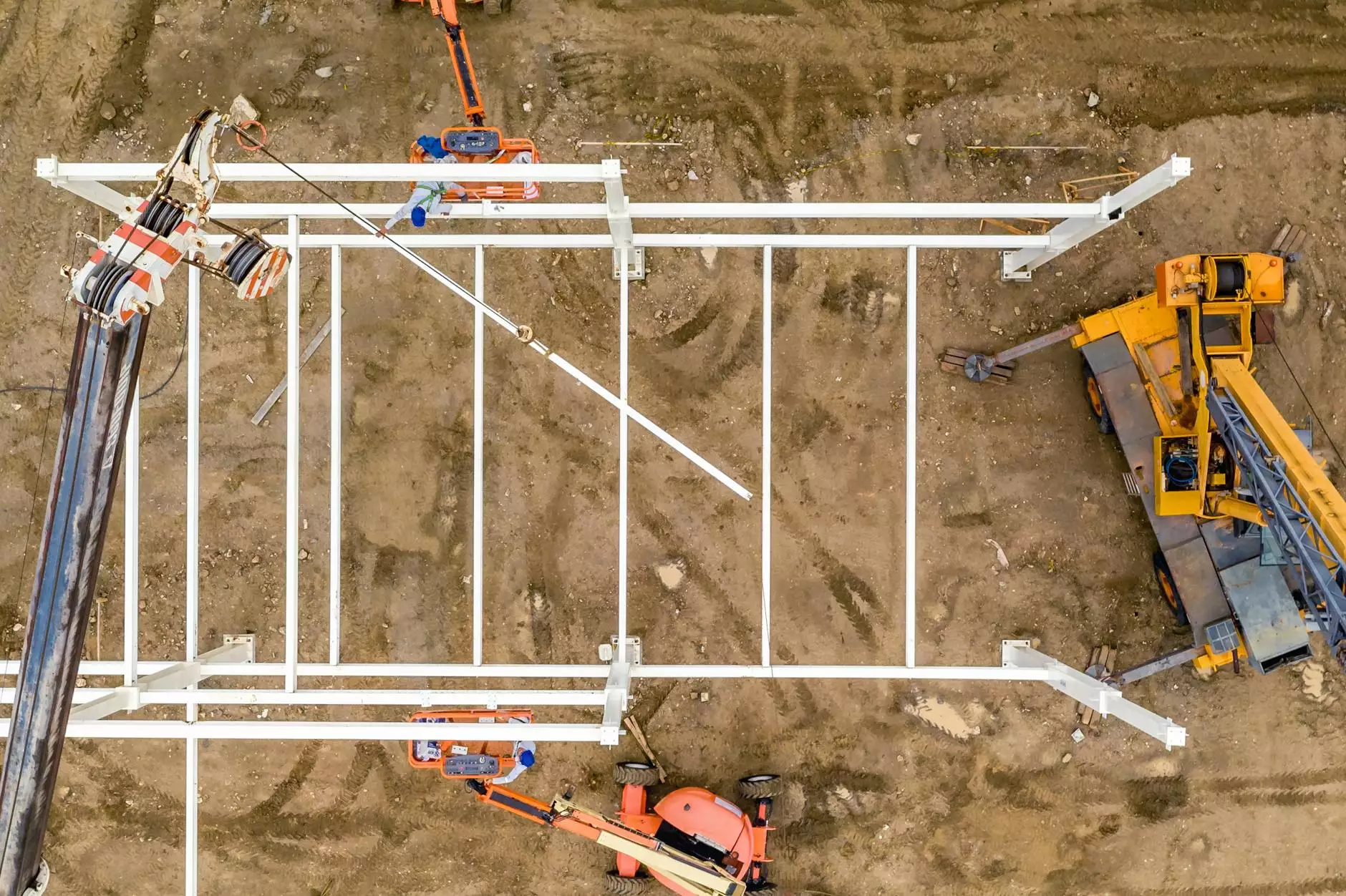The Best Data Science Software Stack for Your Project
Technology
Welcome to SEO Pros Dallas, your go-to resource for top-notch digital marketing services. In this guide, we will delve into the world of data science software stacks, providing you with a comprehensive overview of the best tools available. Whether you're just starting out or a seasoned professional, having the right software stack is crucial for succeeding in the data-driven landscape of today's business and consumer services industry.
Understanding Data Science Software Stacks
Data science software stacks consist of a combination of tools, frameworks, and programming languages that enable professionals to extract valuable insights from complex data sets. A well-designed software stack streamlines the data analysis process, allowing businesses to make informed decisions and drive growth. Let's explore some of the key components of a robust data science software stack:
1. Programming Languages
When it comes to data science, programming languages play a crucial role. Python, one of the most popular languages in the field, offers a wide range of libraries and frameworks that simplify data manipulation, statistical analysis, and machine learning. R, another commonly used language, excels in statistical computing and visualization. Choosing the right programming language is essential for efficiency and productivity.
2. Data Visualization Tools
Data visualization is an integral part of the data science process. Tools like Tableau, Power BI, and D3.js enable professionals to create visually appealing charts, graphs, and interactive dashboards, making complex data more accessible and understandable. Visualization tools allow for effective communication of insights, aiding decision-making processes.
3. Machine Learning Frameworks
Machine learning is at the forefront of data science. Frameworks like TensorFlow and PyTorch provide a foundation for building and deploying machine learning models. These frameworks offer a wide range of algorithms and tools for tasks such as classification, regression, and clustering. The choice of the framework depends on the project requirements and the level of flexibility desired.
4. Big Data Processing
In today's data-driven world, handling large-scale data sets is a common challenge. Apache Hadoop and Apache Spark are popular frameworks for distributed data processing. These tools enable efficient data storage, processing, and analysis, making it easier to tackle big data challenges. Incorporating big data processing frameworks into your software stack is essential for scalability and performance.
5. Data Integration and ETL Tools
Data integration and ETL (Extract, Transform, Load) tools are essential for accessing, cleaning, and transforming data from various sources. Apache Kafka, Apache Nifi, and Talend are widely used tools that facilitate data integration and ensure data quality. These tools streamline the data pipeline, enabling seamless data flow across different stages of the analysis.
6. Cloud Computing Platforms
Cloud computing has revolutionized the data science landscape, offering scalable and cost-effective solutions. Platforms like Amazon Web Services (AWS), Google Cloud Platform (GCP), and Microsoft Azure provide a range of services for data storage, processing, and deployment. Leveraging cloud platforms allows businesses to focus on analysis rather than infrastructure management.
Choosing the Right Software Stack
Choosing the best data science software stack for your project requires careful consideration of various factors. Here are a few steps to guide you in the decision-making process:
1. Define Your Project Goals
Start by defining your project goals and requirements. Are you working on predictive modeling, natural language processing, or recommendation systems? Understanding the specific needs of your project will help you narrow down the software stack options.
2. Assess Your Team's Skills
Evaluate your team's skill sets and expertise. Consider their familiarity with programming languages, machine learning frameworks, and data visualization tools. Choosing software that aligns with your team's skill set will streamline the development process.
3. Consider Scalability and Future Growth
Scalability is a crucial factor to consider, especially if you anticipate handling larger data sets or expanding your project in the future. Ensure that the software stack you choose can accommodate future growth and evolving business needs.
4. Seek Expert Advice
Don't hesitate to seek advice from data science professionals or consult with experts in the field. Their insights and experiences can provide valuable guidance in selecting the most suitable software stack for your project.
Why Choose SEO Pros Dallas?
At SEO Pros Dallas, we understand the importance of staying ahead in the digital marketing industry. Our team of experienced professionals is well-versed in leveraging data science software stacks to drive results for our clients. By partnering with us, you can expect:
- Comprehensive software recommendations tailored to your specific needs
- Access to cutting-edge tools and frameworks
- Expert guidance to help you make informed decisions
- Continuous support to ensure optimal performance
- Proven strategies to enhance your data-driven decision-making process
Contact SEO Pros Dallas Today
Ready to take your data science project to new heights? Contact SEO Pros Dallas today and let us help you navigate the complex world of data science software stacks. Our team is dedicated to delivering exceptional digital marketing solutions that drive real, measurable results. Discover why businesses trust SEO Pros Dallas for their data-driven success.










